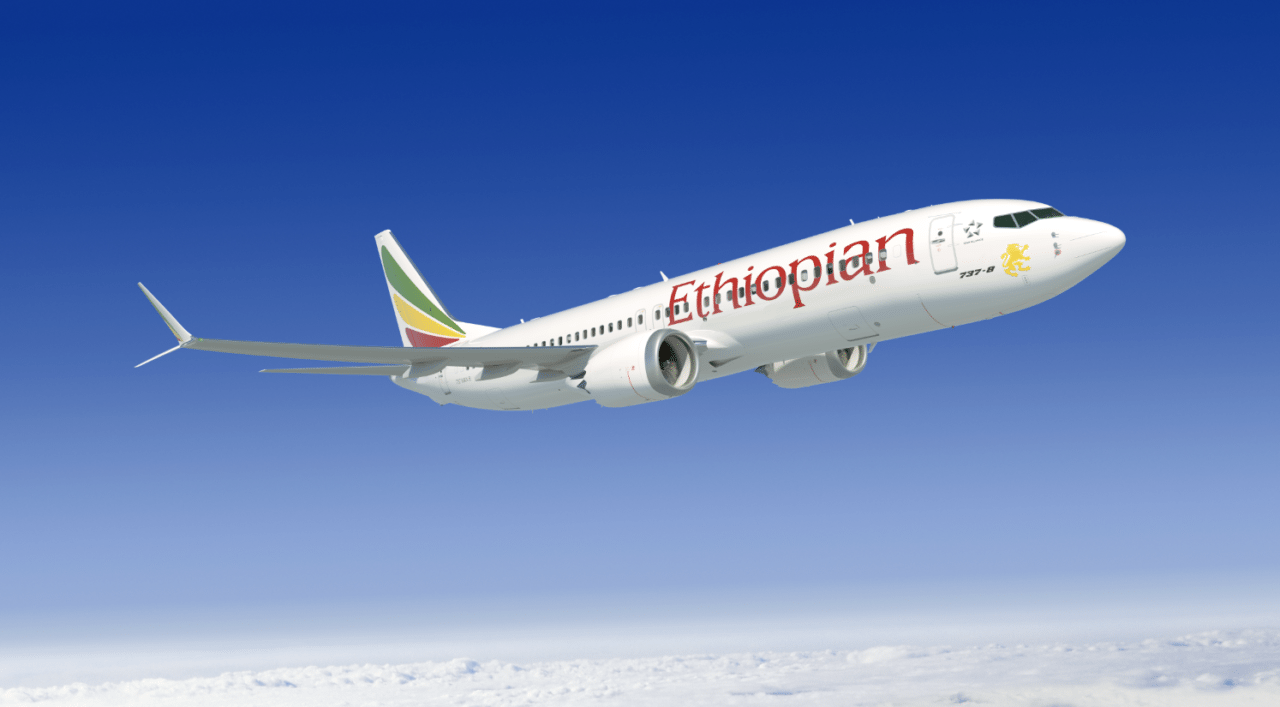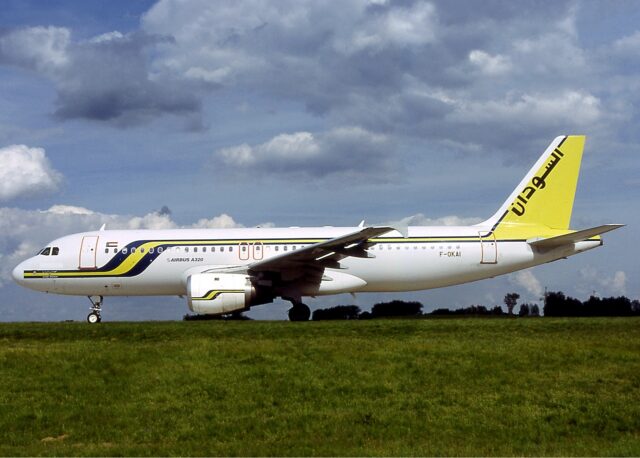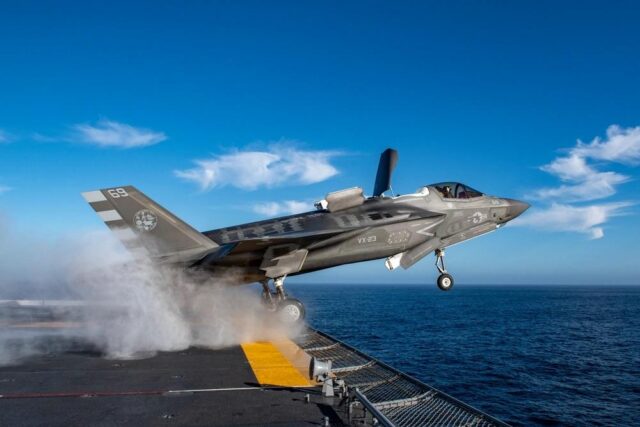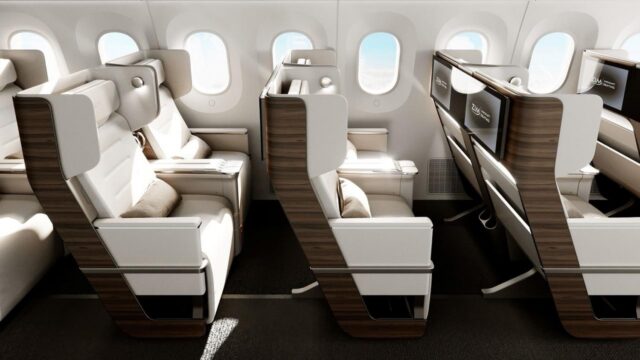Could Boeing have prevented second 737MAX MCAS tragedy?
October 12, 2024

On 9 October, the New York Times reported that it had uncovered emails that supported claims that the chief pilot of Ethiopian Airlines’ had made an urgent request to Boeing for information about the Boeing 737 MAX’s MCAS (Maneuvering Characteristics Augmentation System), and had been ignored.
The chief pilot made his request about one month after the loss of Lion Air Flight 610 (737 MAX 8, PK-LQP) 13 minutes after take off from Soekarno–Hatta International Airport, Tangerang on 29 October 2018, killing all eight crew and 181 passengers. The crash was caused by a mis-calibrated angle-of-attack (AoA) sensor, which sent erroneous data to the Maneuvering Characteristics Augmentation System (MCAS). Data about MCAS had been intentionally omitted by Boeing from documentation for aircrews, so the Lion Air pilots did not know about the system, and so were unprepared to deal with the problem. The MCAS repeatedly put the aircraft into an unsafe nose-down position until it crashed into the water.
Ethiopian’s Chief Pilot asked Boeing for more information about what emergency procedures should be followed if the problem that caused the loss of the Lion Air flight should recur.
But while Boeing did proactively reach out to US airlines to explain MCAS technical and safety issues, including how the system would interact with angle-of-attack data, it failed to respond to Ethiopian Airlines, beyond referring the Chief Pilot to a summary of an operations manual bulletin (dated 6 November 2018).
On 10 March 2019 Ethiopian Airlines Flight 302 (737 MAX 8, ET-AVJ) crashed in almost identical circumstances – six minutes after take off from Addis Ababa’s Bole International Airport, killing all 157 on board.
Boeing said that it had been prohibited from providing details of the MCAS technology with Ethiopian Airlines under the International Civil Aviation Organization’s (ICAO) Annex 13, which is intended to provide relevant safety information while avoiding the assignment of blame in accidents, but which is not normally used to prevent the transfer of critical safety information.
This did not prevent Boeing from providing detailed briefings to US airlines and pilots.
The Allied Pilots Association (APA), which represents pilots for American Airlines, is supporting Ethiopian in its claim against Boeing. APA spokesman and American Airlines Boeing 737 MAX pilot Dennis Tajer, commented that: “Who knows what Ethiopian Airlines would have done with the information, but not having it sealed the deal. Any information given the Ethiopian pilots, like we had, could have made the difference between life and death.”
“Our meeting with Boeing covered the same questions that the Ethiopian pilots were asking. It’s clear that they had the same questions we had but did not get the answers that we got from Boeing,” Dennis Tajer said.
The December 2022 Ethiopian aviation authority’s accident report agreed, judging that if Boeing had provided more information to Ethiopian’s pilots about how to respond in the event of an MCAS software malfunction, they might have been able to regain control of the aircraft.
The report included the words: “The investigation found the questions raised by the airline to be safety critical, and if Boeing had answered the questions raised by the training department either directly or indirectly [the accident might not have happened].”
Victims’ families are using the e-mails to pressure the Department of Justice (DoJ) to take a harder line with Boeing over its alleged culpability, and to convince a federal judge to reject the ‘plea bargain’ (known as a Deferred Prosecution Agreement) negotiated between the company and the DoJ in 2021, which allowed Boeing to avoid criminal prosecution, on condition that it ‘cleaned up its act’.
Families believe that Boeing has failed to address deep-rooted problems in its culture and operations that, they say, are leaving passengers at risk. They point to the incident this January in which the door plug of an Alaska Airlines 737 MAX 9 blew out, causing an uncontrolled decompression shortly after take off from Portland International Airport. This is alleged to be an indicator that Boeing has continued to fail to prioritize passenger safety.
Boeing has said that: “We will never forget the lives lost on these flights and their loved ones. Their memory and the hard lessons we learned from these accidents drive us every day to uphold our responsibility to all who depend on the safety and quality of our products. Boeing co-operated fully and transparently with all investigations into the accidents.”
Paul G. Cassell, a lawyer representing families is critical, saying that: “It’s outrageous that Boeing refused to answer direct questions from the Ethiopian airlines pilots. That was vital safety information that would have saved 157 lives. Boeing put continuing its conspiracy of concealment ahead of passenger safety, killing all those on board.”
















